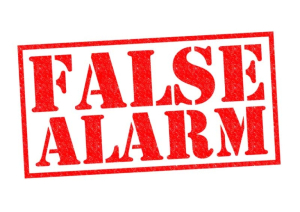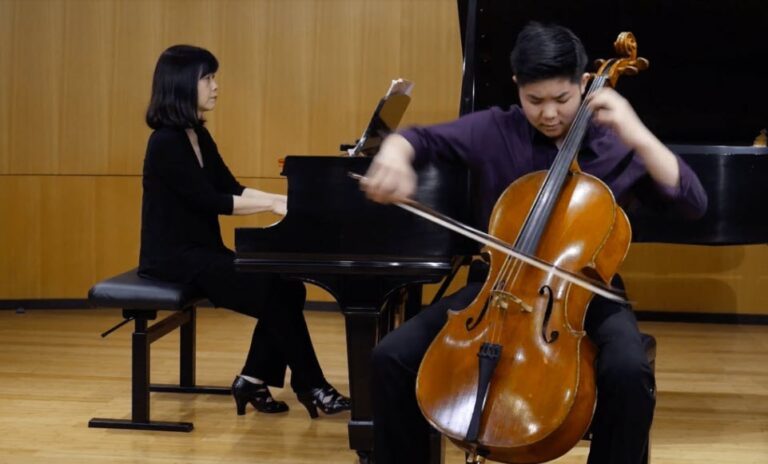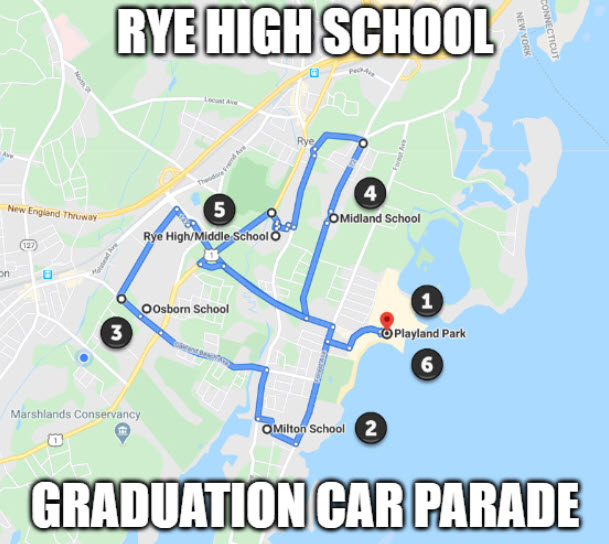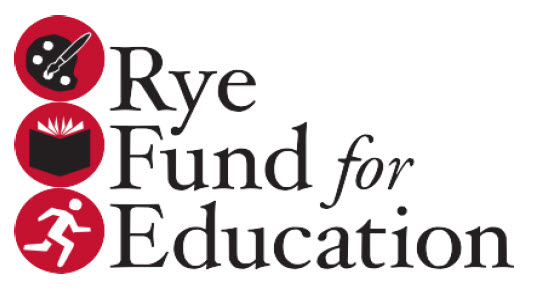Rye CFO Parent: Pressures Crippling Schools
Jennifer Neren, a Milton school parent, former financial analyst and private school CFO, tells MyRye.com readers in a letter why the property tax cap, unfunded mandates and cuts in State aid are crippling school districts, including Rye City.
Neren's letter:
What is at stake if the school budget does not pass on May 19th? Expect deep cuts to existing staff and core programs fundamental to the academic awards and school rankings that drive demand and home values in Rye.
The cost to our children’s educations, as well as our property values, far exceeds the cost of the proposed school budget. Consider the incremental additional tax (proposed vs. tax cap compliant budget) of $705 for the average Rye home ($1.67mm market / $29,000 assessed value) as the cost of insuring value of that home. If the schools deteriorate and home values were to fall by just 10%, the average home loses $167,000. $705 to insure against a $167,000 (or greater) loss? I’d buy that policy (And property tax is income tax deductible; depending on individual tax bracket, the after tax cost can be significantly lower.)
Troubling inaccuracies and misconceptions regarding the budget have surfaced in recent community discussions. Hopefully some can be addressed here.
Why are we in this position? This is not just a Rye problem. An irrationally restrictive NYS property tax cap (with no commonly standard exemptions for enrollment growth or costs beyond the district’s control), millions in unfunded state mandates (state requirements not funded by the state), and cuts in state aid are crippling districts across the state.
The district cannot fix this, and has zero discretion overmillions of dollars in unfunded required costs (e.g. pension contributions, high-stakes testing, evaluators, etc.) At the April 14th Board of Ed meeting, George Latimer confirmed, “you don’t set the rules for pension benefits, we at the state do”. He went on to say, “change to economize has to come at the state level. It cannot be done at the school district level, it cannot be done at the city council level…it has to come out of Albany”. (See: https://www.youtube.com/watch?v=jM-GYwJKy7Q)
Additionally, the Gap Elimination Adjustment, the state’s device for down streaming its own debt by cutting state aid, has devastated districts. While aid has been reinstated for select “in need” districts, Rye is still owed $2.2 million. (See: https://www.youtube.com/watch?v=34CzHIJl95w)
Aren’t we paying too much already? Relative to the rest of the country? Yes. But, relative to the rest of Westchester, we are a top quartile performer at the bottom quartile in expenditures. Of the 39 Westchester districts, Rye has the 2nd lowest true value tax rate (#38), and the 4th lowest expenditure per student (#36), yet has 14 National Merit Scholar Finalists (more than RCDS, Harrison, Blind Brook & Rye Neck…combined).
Is Full-day kindergarten the reason for the override? NO! It’s less than 6% of the override.
Why are costs increasing in a low inflation environment? There is no correlation between inflation rates and cuts in state aid or increases in mandatory pension contributions, unfunded state costs, and health insurance.
Is budget growth exceeding enrollment growth indicative of poor fiscal management? Of course not. Enrollment is not the only cost driver; unfunded mandates are growing faster than revenue growth allowable under the tax cap. Additionally, new families with children that move over the summer are typically not in projected enrollment. The new 4+ bedroom homes we see popping up? Families with kids.
And special education? This budget is a “sum of the parts” calculation. Every case for every child classified as having special needs is reviewed and a cost is determined. This is mandatory; the district cannot just reduce special education funding, nor should they. And per child costs are generally higher in small districts (like Rye), that have to outsource many services and send many children out of district.
Why is the tax increase greater than the budget increase? We need to raise the tax base. Every dollar (millions) already drawn from reserves is a dollar that would have been added to the base had tax increases been higher. The cap restricts this and tax base is too low.
The district already improved operating efficiencies, reduced staff, and re-negotiated compensation (falling from #3 to #29). There’s nothing left to cut. According to George Latimer, we’ll “ultimately have to burn furniture to stay within the tax cap.”
Jennifer Neren, Parent, former financial analyst and private school CFO






